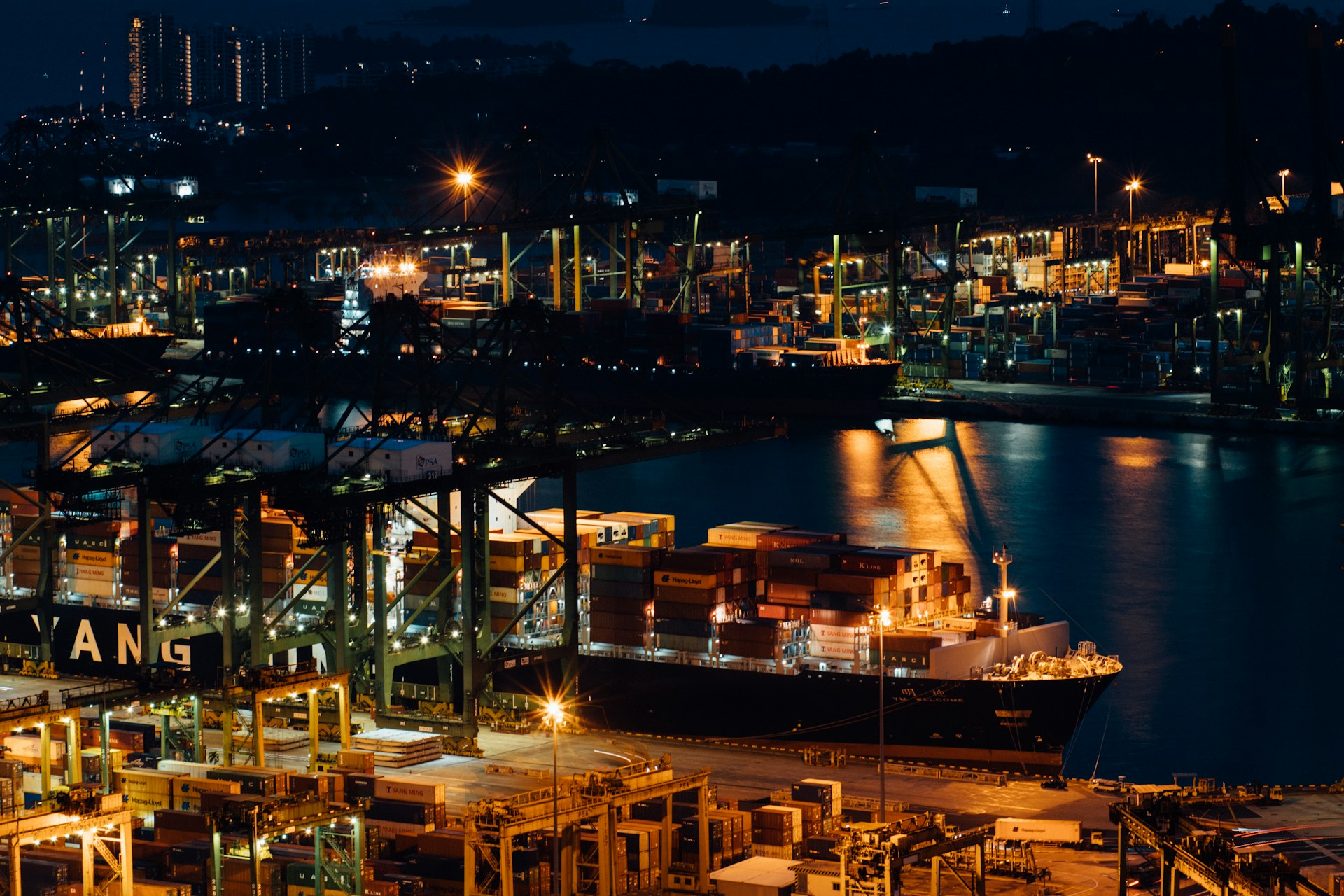Equipment Shortages Part Blamed for Singapore Congestion

Congestion at the port of Singapore has surged to 2 million TEUs, according to consultancy Linerlytica. The consultancy reported that equipment shortages and a lack of tonnage have led to cargo delays and high freight rates reminiscent of the pandemic era.
As the world’s second-busiest container port, Singapore is experiencing a significant spike in congestion, prompting carriers to extend charter agreements and order new containers in anticipation of a potentially prolonged peak season.
“The global port congestion indicator hit the 2m TEUs mark, accounting for 6.8% of the global fleet with Singapore becoming the new congestion hotspot. The SCFI [Shanghai Containerized Freight Index] has jumped by 42% in the past month, with further gains to follow in June as carriers are adding new surcharges and rate hikes,” stated Linerlytica in its latest weekly report.
In response to the increased congestion, vessel operators are taking measures to secure their positions for the peak season, following initial hesitations to commit due to uncertainty about post-summer demand, according to Linerlytica.
Market signals are “extremely bullish,” evoking memories of the significant rate increases that began in 2021 and continued through 2022 at the height of the pandemic, noted the consultancy.
During the pandemic, supply chain congestion was driven by inland connection issues and storage shortages at U.S. ports and terminals, resulting in delayed ships waiting for cargo handling slots and a scarcity of empty containers being returned to Asia.
This year, congestion has once again impacted container supply chains, with Singapore becoming the latest hotspot. Ships are returning to Asia off-schedule due to extended journeys around the African Cape and missed sailings, which has disrupted weekly schedules.
Carriers currently lack the tonnage to manage these elongated supply chains caused by Cape diversions. This issue was manageable until demand began to rise, according to an industry observer.
Linerlytica reported an increase in cargo leading to “berthing delays of up to seven days with the total capacity waiting to berth rising to 450,000 TEUs in recent days.”
The consultancy further explained, “The severe congestion has forced some carriers to omit their planned Singapore port calls, which will exacerbate the problem at downstream ports that will have to handle additional volumes.”
These delays have resulted in vessel bunching, causing "spillover congestion" and schedule disruptions at downstream ports.
In the past week alone, increased port congestion has taken more than 400,000 TEUs of vessel capacity out of circulation. With the peak season approaching, further escalation of the current critical delays is expected.